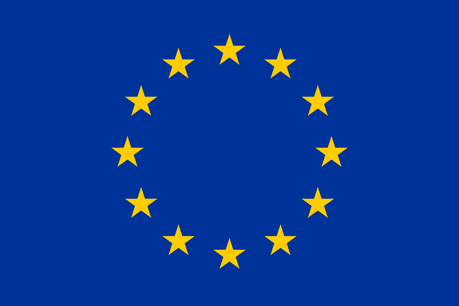The European Union again proved they are willing to take much more aggressive action than the United States when it comes to putting the burden of financial crises on the backs of the wealthy instead of on the people at the bottom of the economic ladder. They announced today part of the responsibility for bailing out banks when they fail will be placed on large depositors. From the article:
The plan stipulates that shareholders, bondholders and depositors with more than 100,000 euros ($132,000) should share the burden of saving a bank…The rules break a taboo in Europe that savers should never lose their deposits, although countries will have some flexibility to decide when and how to impose losses on a failing bank’s creditors.
This seems to be a little bit of a check on banks acting badly since big investors will be watching their actions more closely in the interest of not losing their money. And as the piece further illustrates, some bankers just didn’t care when it came to dealing with the crisis and what was done with taxpayer money:
Earlier this week, Ireland’s deputy prime minister attacked “arrogant” executives at a failed bank who had mocked government efforts to tackle the country’s banking crisis.
In the tapes published by an Irish newspaper, the collapsed Anglo Irish Bank’s then-head of capital markets was asked how he had come up with a figure of 7 billion euros for a bank rescue, responding that he had “picked it out of my arse.”
I could see some flaws with the policy in that it could lead investors to put their money elsewhere or create a problem for an individual bank when a wealthy investor gets nervous and starts a run taking money out of a bank. But the pro seems to outweigh the con here and this policy is a step in the right direction of a more stable economy in times to come.
It would be nice to see the U.S. actually take some steps like the EU when it comes to income inequality. As we previously noted, the EU sees the problems that come with too much imbalance in income and they are taking action to remedy the situation. Here’s hoping the U.S. can eventually follow in their footsteps in the interest of long-term economic stability.


